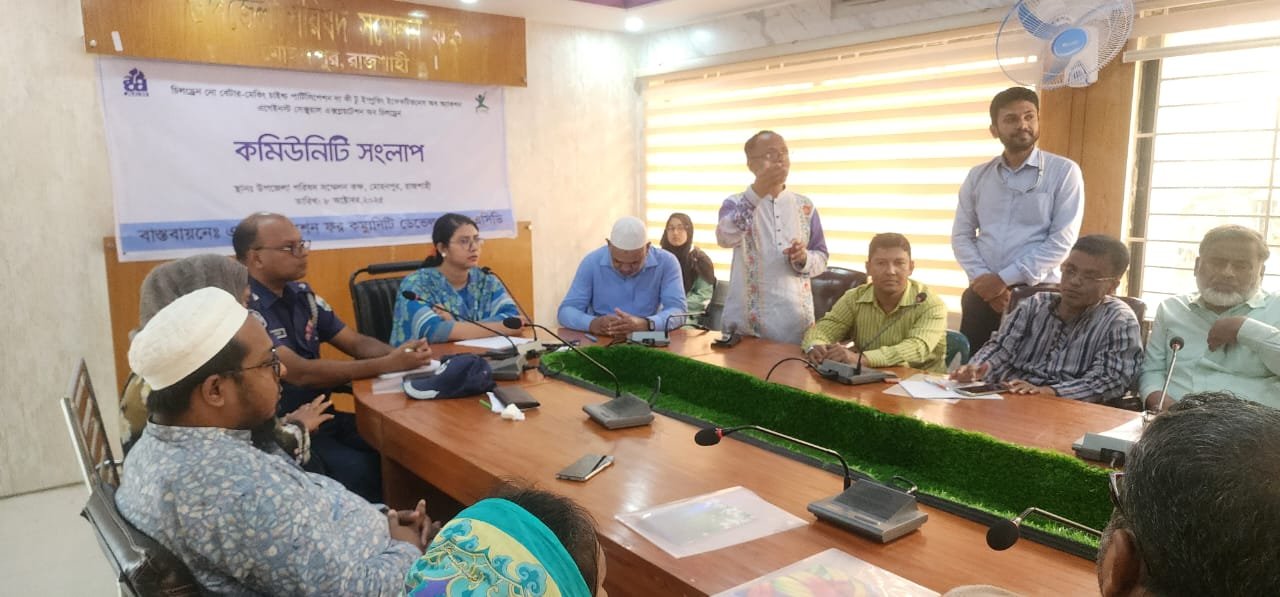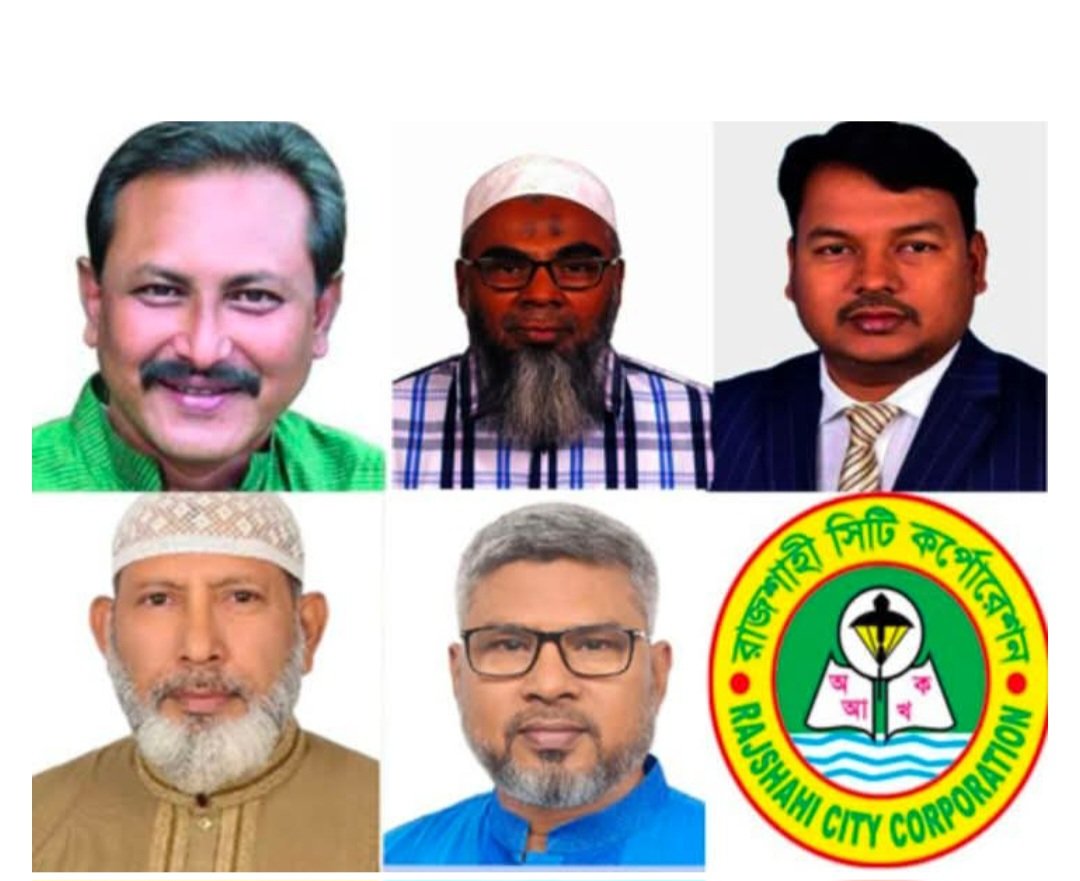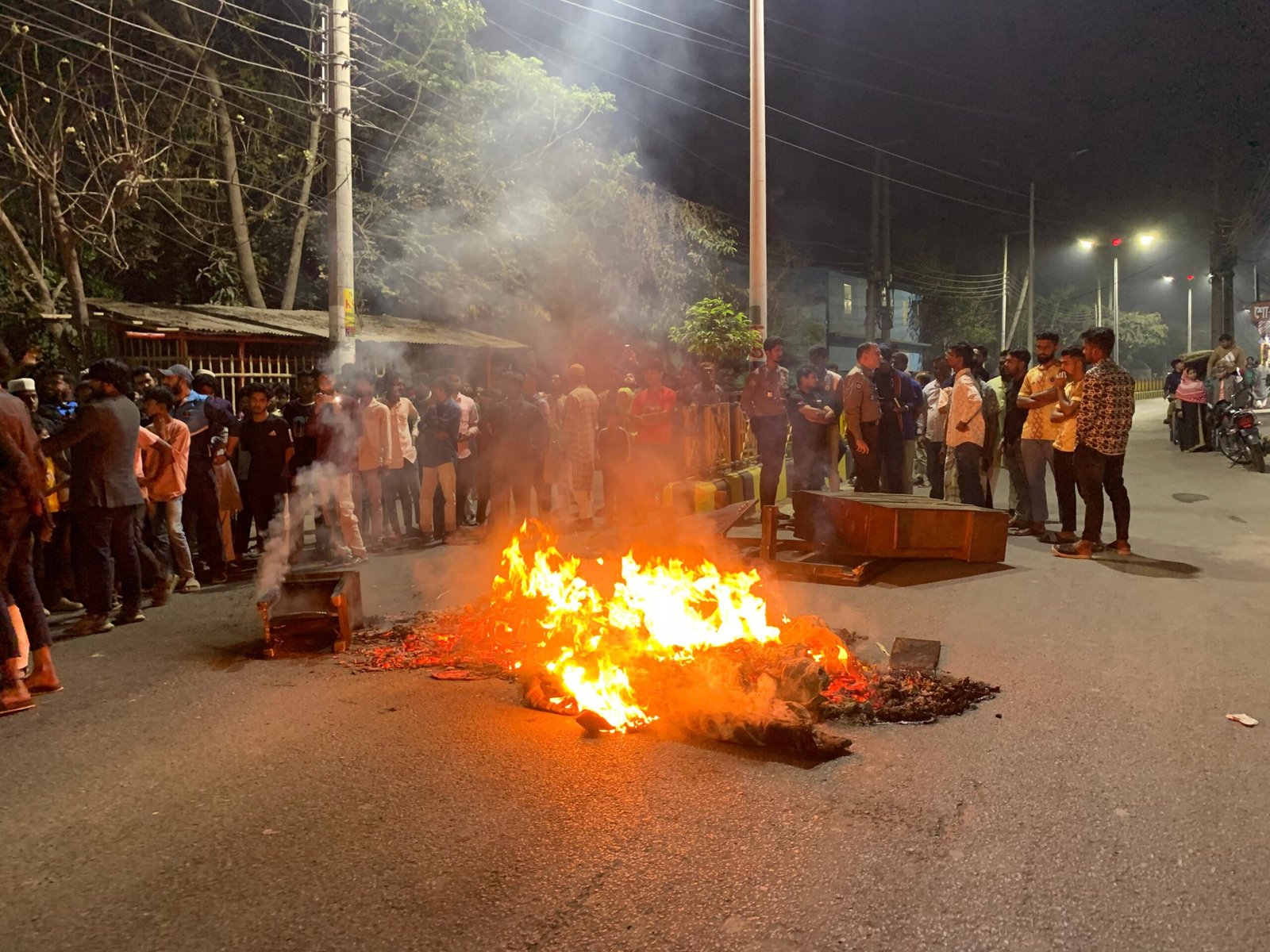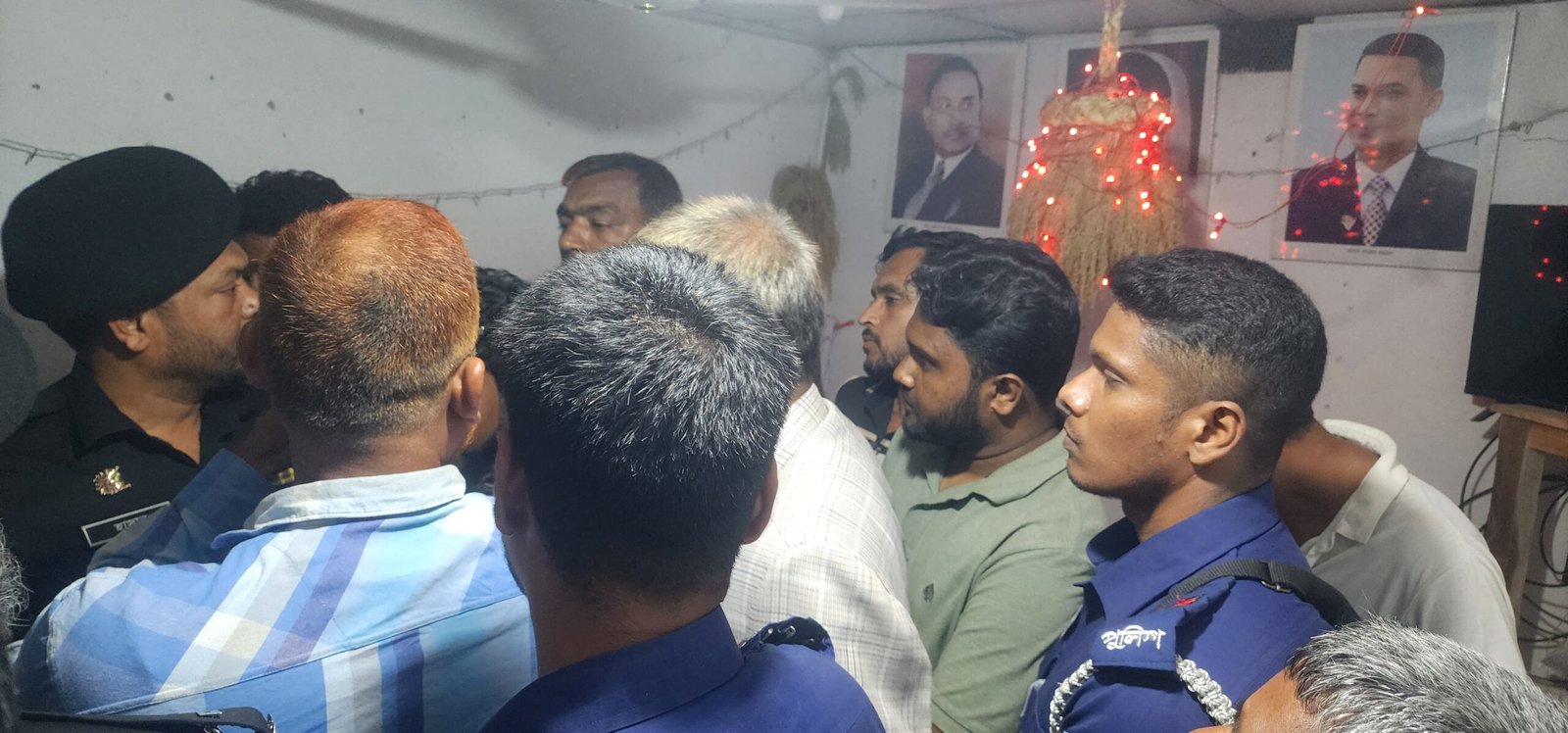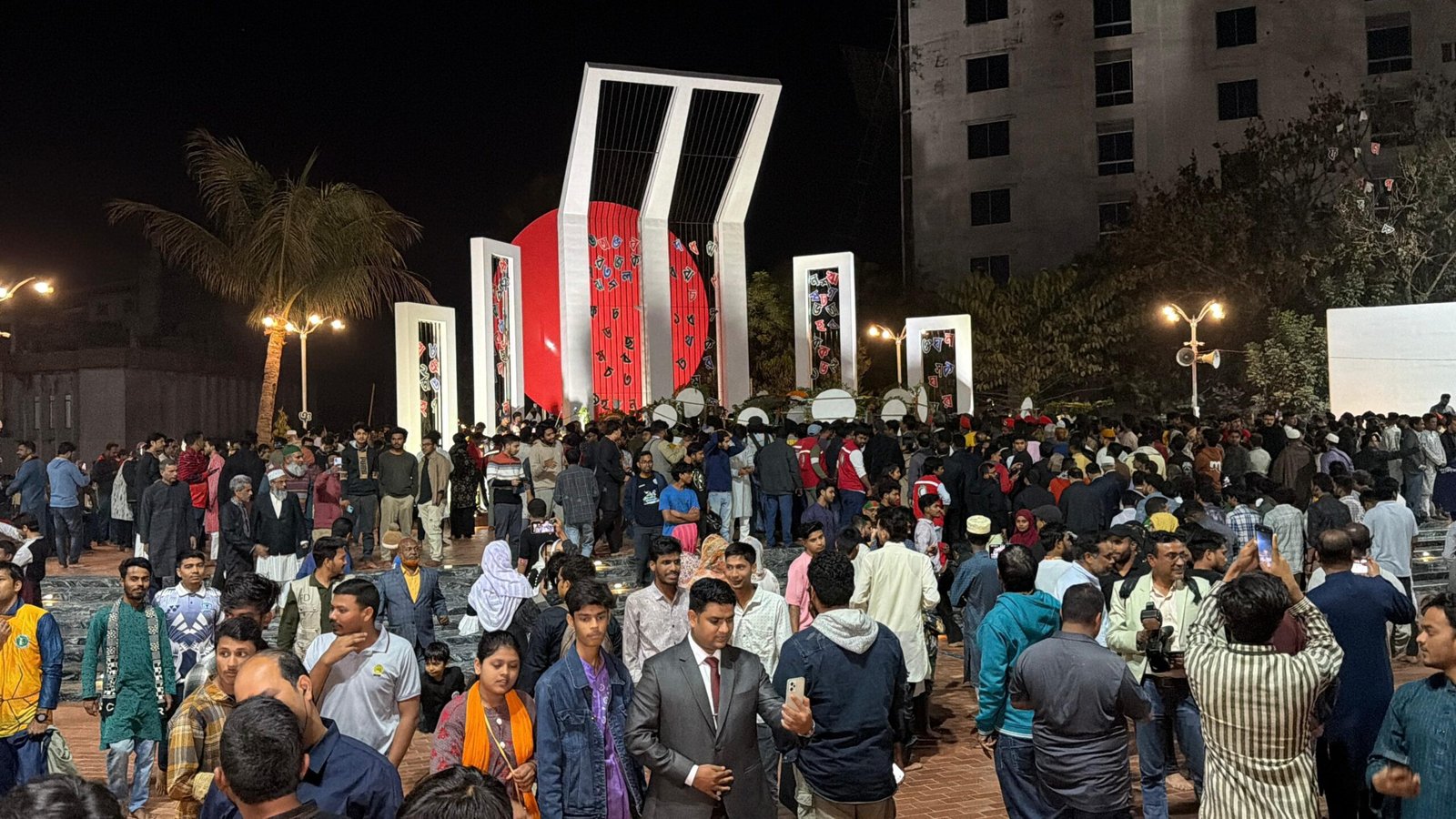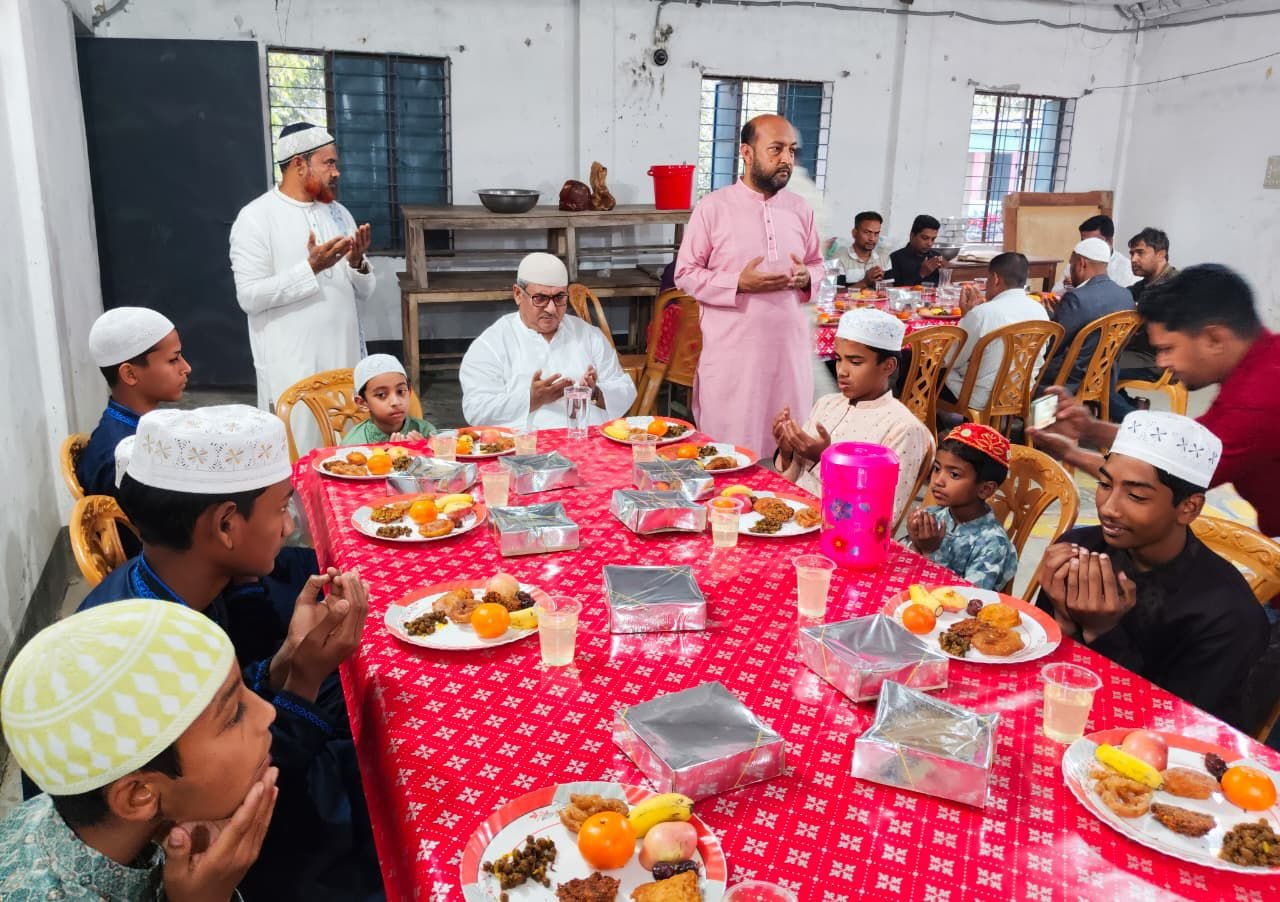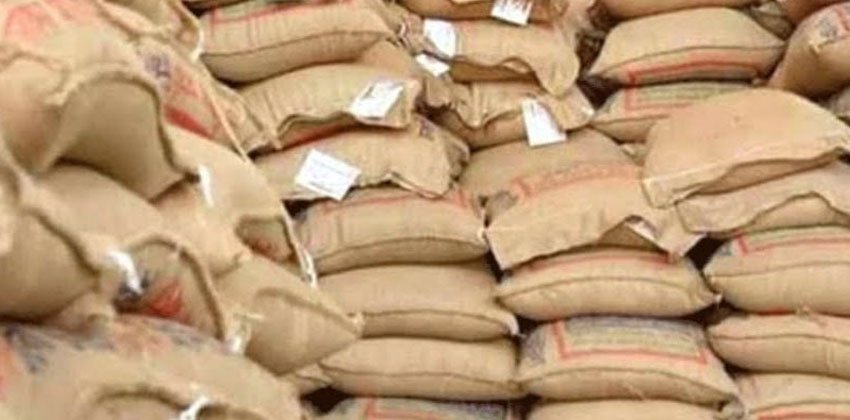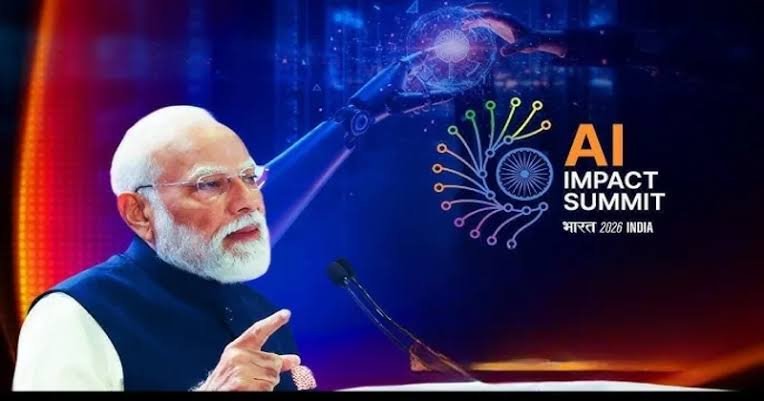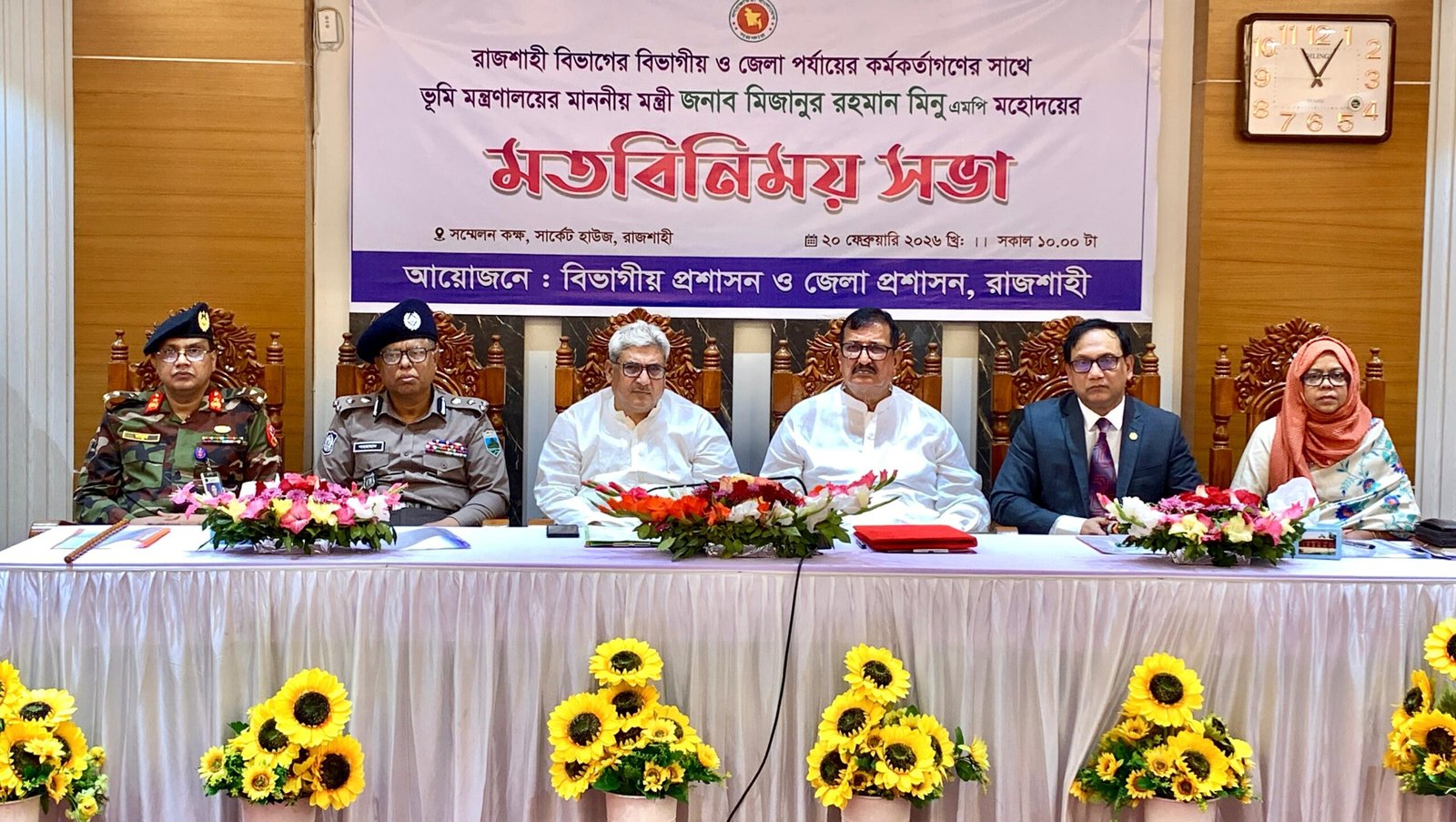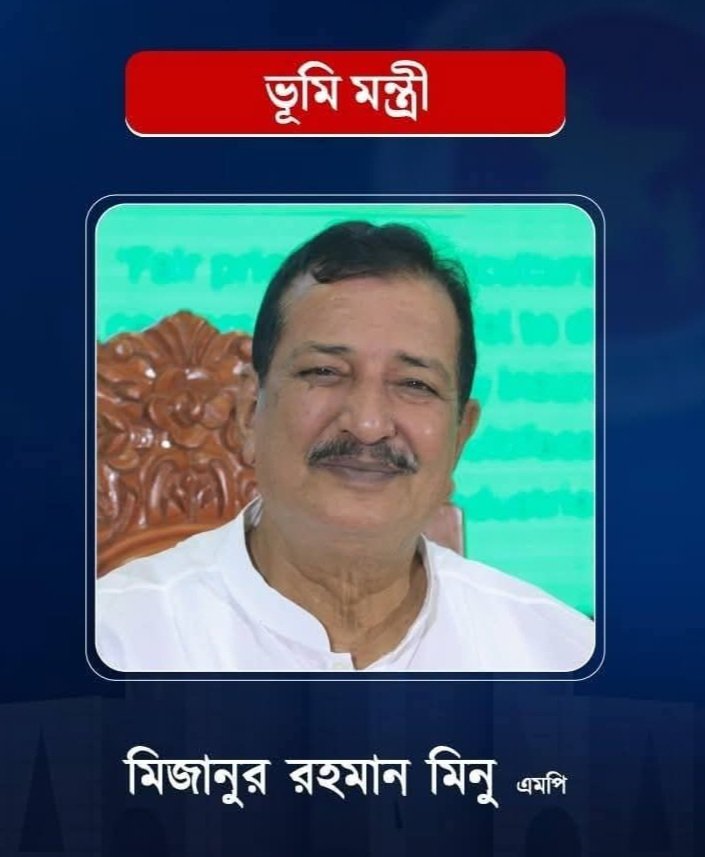Community Dialogue Held in Rajshahi
Calls for Unified Action to Prevent Child Sexual Exploitation

- আপডেট সময় : ১১:০৩:৫২ পূর্বাহ্ন, বুধবার, ৮ অক্টোবর ২০২৫
- / ১২২১ বার পড়া হয়েছে
Rajshahi correspondent: A community dialogue in Mohanpur Upazila on Wednesday united children, community members, and local authorities to tackle child sexual exploitation and promote child involvement in preventive efforts. Organized by Association for Community Development (ACD) with support from ECPAT International, the event focused on actionable solutions to this growing concern.
The event, part of the “Children Know Better” project, focused on empowering children to lead research and advocacy against sexual exploitation, amplifying their voices in protection efforts.
The program had four major objectives: to share key findings and recommendations from child-led research; to facilitate open discussions on community norms, risks, and existing gaps; to identify community-led prevention and referral actions; and to strengthen collaboration among child protection committees, institutions, and local stakeholders.
Acting UNO of Mohanpur, Ms. Zobaida Sultana, praised the children’s leadership, noting the importance of working together across government and community levels to ensure child safety.
The event also featured key contributions from Imam Hasan Shamim, Upazila Social Service Officer; Sayed Ali Reza, Youth Development Officer; Umme Sumaiya, Women Affairs Officer; Ataur Rahman, Officer-in-Charge of Mohanpur Police Station; and Abdul Alim Sheikh, Head Teacher of Mohabbatpur High School. All speakers underscored the urgency of preventive measures and the value of children’s involvement in decision-making spaces.
A key moment in the dialogue was the presentation by child researcher Sumaiya Afrin Shyama, who shared findings from field-level participatory research. Her presentation highlighted the prevalence of certain harmful community norms, barriers to reporting abuse, and the need for child-friendly referral mechanisms. The research, conducted by child leaders from Mohanpur, Godagari, and Rajshahi City Corporation, reflects the real-life experiences of children and offers community-specific recommendations for change.
The initiative also trains adult facilitators to support child-led advocacy and create inclusive platforms for children and adults to co-develop strategies for protection. Teachers and school representatives attending the event emphasized the importance of ensuring meaningful participation of children in school-based child protection committees.
In total, 25 children participated in the research and advocacy training under this project. The sessions were supported by Program Officer Atia Tansima and Community Mobilizer Mantaka Akter, who provided technical and logistical guidance throughout.
With rising concerns around child safety and online exploitation, the dialogue underscored that child protection must be a shared responsibility—demanding awareness, responsiveness, and collaboration from every layer of society.


